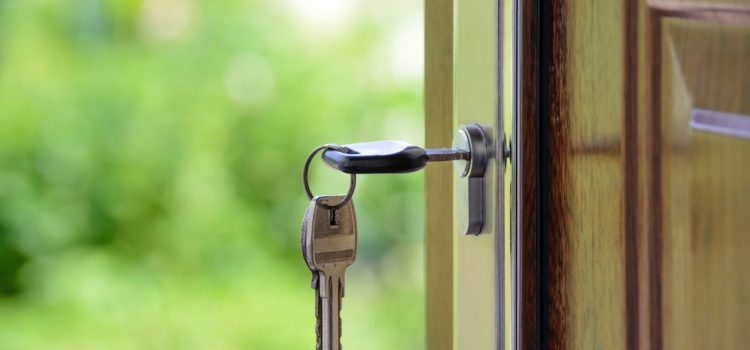1. How can I monitor my electricity costs?
Calculate your monthly consumption, and start recording it over time to see if you are making progress. Whether you use credit metering or a prepaid meter, it is important to know your tariff and keep track of how much electricity you use month to month. Remember that there are usually seasonal differences e.g. electricity use goes up in winter for heating.
Switch to prepaid electricity. Prepaid metering allows you to monitor how much electricity you are using at any time, thereby revealing which appliances use the most. Studies have shown that greater ‘real-time’ awareness of electricity usage encourages people to drop their consumption by about 10-12%.
To switch to prepaid electricity, call:
City of Cape Town Electricity Services general enquiries: 0860 103 089
Eskom serviced areas: 0860 037 566. See more information here.
For questions about an incorrect electricity bill/charge, please call:
Account enquiries/non-payment disconnections: 0800 220 440
Meter reading consumption queries: 0860 103 089
If supplied by Eskom: 0860 037 566
2. Do people use more electricity in winter, and how can I reduce this?
Winter is usually an expensive time of the year for most households when it comes to using electricity for heating, especially with tariff increases which kick in from 1st July for City of Cape Town customers (or earlier for Eskom customers). Most households tend to spend at least about 20% more on electricity in winter months for their electric heating. The good news is that there are plenty of ways to save in winter. See this downloadable PDF: Ways to Save Electricity in Winter.
3. What is the City of Cape Town doing about saving electricity?
The City is hard at work finding ways to help residents and businesses minimise the impact of constrained supply, and move towards more affordable, secure and sustainable energy.
Here are some of the programmes implemented by the City:
- Assist low-income residents e.g. installing ceilings in older subsidy homes;
- Motivate high-income residents to use less e.g. electricity saving campaign;
- Help the commercial sector become more efficient e.g. the Energy Efficiency Forum (now the Energy Water Waste Forum);
- Generate electricity from alternative and renewable sources;
- Enable residents and businesses to sell excess electricity back to the grid;
- Train teachers, school children, businesses and community groups on energy efficiency;
- Set up curtailment schemes.
The City is doing its best to lead by example with energy efficiency and renewable energy in our own buildings and operations. To date it has:
- Retrofitted many inefficient buildings to be more energy efficient;
- Upgraded traffic lights and streetlights e.g. all traffic intersections across Cape Town now have efficient LED lights;
- Trained facilities’ managers in energy management and installed smart meters on many City buildings;
- Trained hundreds of employees in energy efficiency and smart living;
- Installed over 200 kWp rooftop PV systems on City buildings.
These projects continue to be implemented, extending the reach and benefits. From 2009 to 2016 these programmes have saved over 49 000 MWh, which translates into savings of R20 million per annum and 101 000 metric tonnes CO2e. This means more money freed up for service delivery.




